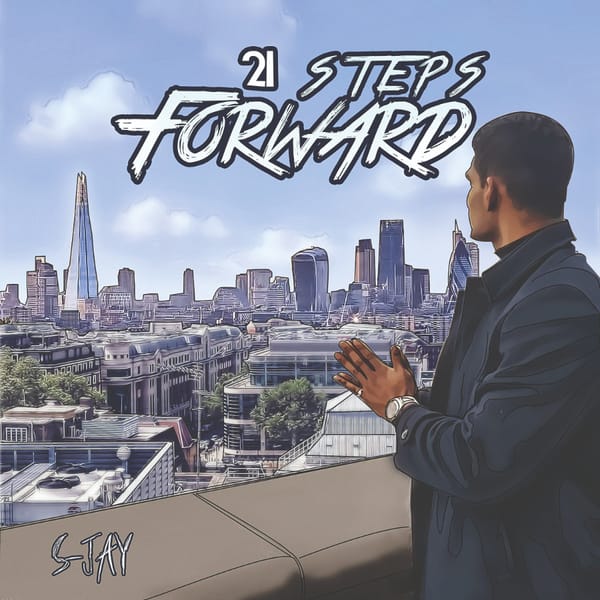Roxy Music’s For Your Pleasure
There are tragically few art-rock bands with a dedicated oboist.

In a time when Elton John dominated radio play and sales, crowds flocked to catch a glimpse of David Bowie’s on-stage theatrics, and the bulk of underground intelligentsia attributed artistic merit to Pink Floyd, it was pretty hard to break into the British music scene. No surprise then, that Roxy Music are often overlooked when ruminating on the golden era of glam.
Formed in 1970, these art college kids were always a bit different. Not content to deliver the big rock riffs of Led Zeppelin and Queen, they strove to establish a new sound, and a fresh approach to making music. Frontman and founder Bryan Ferry was an old-school crooner: a silver-tongued, tuxedo adorning Prince Charming with an eye for all things avant-garde. Joined by a gaggle of impeccable, yet somehow unlikely, musicians, their line-up was beyond solid.
Setting them apart, however, was none other than the man with the Midas Touch, one Brian Eno, making his first steps in the world of music. Often seen sporting heavy eye makeup, long hair and a collection of feather boas, Eno could play no instruments. He’d had no formal training and no songwriting experience. What he did have, however, was a brilliant mind. A mind that saw the world through a kaleidoscopic lens, distorting all that was surely known and finding clarity in chaos, something that has paid dividends throughout his long and illustrious career. That and a Revox reel-to-reel tape machine.
Though creative differences with Ferry would eventually lead to Eno’s departure, leaving the band to veer towards a more straightforward soft-rock sound, his experimentalist glaze can be found shimmering over their first two albums, 1972’s Roxy Music and 1973’s For Your Pleasure. The latter is generally considered to be their magnum opus, and features some of their most daring and memorable compositions.
Frenetically swerving between high-octane stompers (‘Do The Strand’, ‘Editions Of You’, ‘Grey Lagoons’), smooth groovers (‘Beauty Queen’, ‘Bogus Man’), and chilling soundscapes (‘Strictly Confidential’, ‘For Your Pleasure’), Roxy display the full arsenal of their auditory assault. The pivotal track is ‘In Every Dream Home A Heartache’. Backed with a sinister rock organ and very little else, Ferry’s fragile monologue gradually unveils a disturbed man, deeply apathetic towards modern society’s materialistic obsessions. Opulent but empty, only one object evades his disdain: an inflatable doll, bought mail order. Upon the uttering of “Inflatable doll / Lover ungrateful / I blew up your body / But you blew my mind”, Phil Manzanera’s muscular guitar kicks in with a spiralling solo, backed with a thunderstorm of drums and Eno’s signature phase-shifting tape effects.
As the eerie reverberations of the album’s progressive closer fade out and the heavy clouds begin to wither, it’s clear that this is an extraordinary album by a band way ahead of their time. Amid the frequent pace changes and ominous undercurrents, it’s far from an easy listen, though one that inspired a host of musicians. Inexplicable and at times impenetrable, the album ends with a fitting vocal contribution from Judi Dench: “You don’t ask / You don’t ask why”









